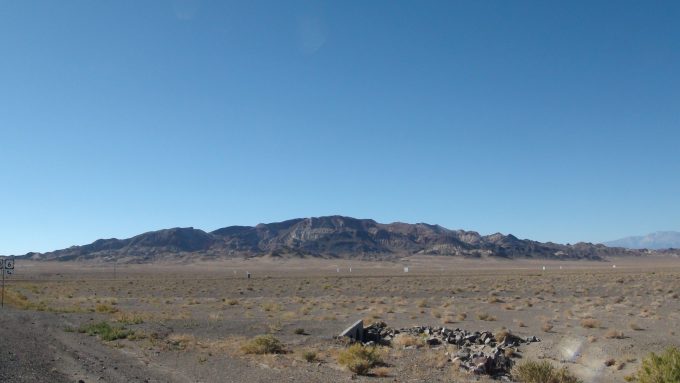
Saturday, 27 October 2018
For the earth which drinks in the rain that often comes upon it, and bears herbs useful for those by whom it is cultivated, receives blessing from God; Hebrews 6:7
The author now adds in a thought to complement what he said in verses 6:4-6 by beginning with, “For.” From there he says, “the earth which drinks in the rain.” The word “land” instead of “earth” carries the idea more fully. It is probably Deuteronomy 11 that the author was thinking of when he said this –
“…but the land which you cross over to possess is a land of hills and valleys, which drinks water from the rain of heaven, 12 a land for which the Lord your God cares; the eyes of the Lord your God are always on it, from the beginning of the year to the very end of the year.”
What the author is doing here is using an agricultural term to make a spiritual application. This is something that occurs at other times in the Bible. He is equating people who hear the word with the land which “drinks in” the rain. When it hasn’t rained in a long time, the ground gets hard and dry. It forms such a crust that heavy rains wash over it as if it is concrete. However, a little bit will be absorbed. As the rains continue to come, the land will drink in the water, just as someone who hears the word of God will drink it in, absorbing it and making it useful. This is why he says, “that often comes upon it.”
The more the word is heard, the more it will be accepted into the mind of the hearer, just as the rains are more accepted as the grounds become slowly saturated with the waters. If a few Jews receive the water, they cannot be fully productive. As the word continues to come, more and more will receive it until they, as a people, are productive in the way that is being spoken of here. As with the previous verses, the author is speaking to the collective group of people. And so here we see a contrast to the words of verse 6:4 concerning those who were “once” enlightened. The waters may have come once, but they washed away, never sinking into the land and allowing it to become productive. This is what the author is warning against. Israel has received the water once in Christ’s coming, but will they allow the water of the gospel, His New Covenant, to sink in?
Understanding his thoughts concerning this, he next says, “and bears herbs.” The word is unique in the Bible, botané. One can see where our term “botany” come from. It signifies any vegetation which rises out of the earth, including grass, grains, fodder, and the like. It is this vegetation, which springs forth from the well-watered soil, that is “useful for those by whom it is cultivated.” These words show that, in the reception of the abundant rain, there is nothing lacking on the part of those who work the land. Everything is provided by God.
The author is asking the people to consider his words. They are the land. They are being equated to the land in the same type of manner as Jesus did in Matthew 13:4-23. If they will allow the word to come upon them, they will be brought to a state where it will sink into them and make them productive. In them will be a harvest. In the same manner as the productive land, it will be they who receives “blessing from God.”
Again, the terminology goes back to the Old Testament. God promised to bless the land for the sake of the people in Deuteronomy 7:13 (and elsewhere) when they were right with Him. He is again asking, through the author of Hebrews, that they be right with Him, receive His word, and become useful and productive in His New Covenant. Paul uses this same idea in 1 Corinthians concerning those in the church –
“For we are God’s fellow workers; you are God’s field, you are God’s building.” 1 Corinthians 3:9
As the Gentiles are “God’s field,” so the author here is now asking the Hebrew people, who are also “God’s field,” to receive His word and become useful again. There is a great danger in not doing so, and which will be explained in the words to come.
Life application: It is those who hear the word, apply it to their lives, and bear fruit for the kingdom that will receive “the blessing of God.” If you go to church, read daily devotionals, or feel “religious” in some sense, and yet have never accepted God’s word as authoritative in your life, you will be unable to produce a crop which is useful. All of our actions in life are meant to bring glory to God. It is only by living in this manner that you can expect to receive His blessings. Think on this and apply the teachings of Scripture, that you receive, to your life.
Lord God, may we gratefully receive the life-giving waters you provide. We ask that they produce a rich and abundant crop in our lives, a crop which will be useful to You and which will bring the honor and glory to You that You alone are due. This we pray in the name of Jesus our Lord. Amen!
